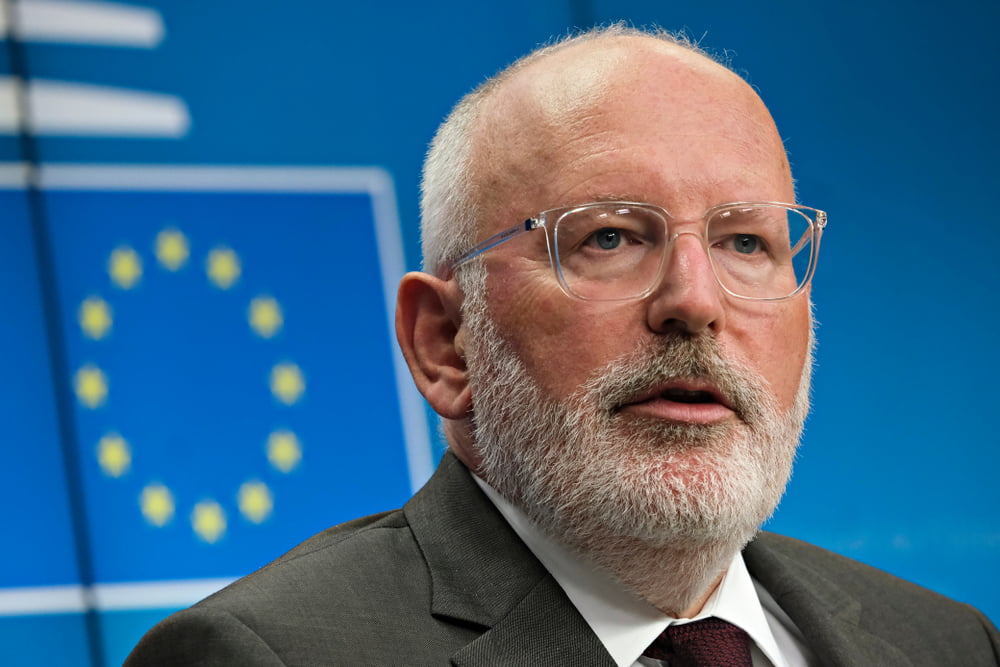The European Union is tough: from 2035 the combustion engine will be over.
At least, new cars may no longer have an engine that runs on fossil fuels. But as it stands now, politics among our eastern neighbors will put a stop to the expected approval of the ban on the sale of new cars with CO2 emissions from 2035. The German Transport Minister Volker Wessing threatens to block with a veto the EU decision that no combustion engine cars will be allowed from 2035.
Wissing (FDP) has set up a blockade, as a result of which the support of autoland Germany has recently become uncertain. The Minister for the Environment Steffi Lemme (Greens) is in favor of an EU ban on the internal combustion engine from 2035. Volker Wissing emphasized that the European Commission has a clear mandate to enable the use of climate-friendly e-fuels in cars. This applies both to the existing fleet and to combustion engines that will be newly registered after 2035, according to Wissing: "To date, we have not received any proposals, only negative statements from deputy Frans Timmermans."
Federal Minister of Transport Volker Wissing (FDP) has threatened the European Commission in Brussels with a veto over the end of cars with internal combustion engines that are planned in the European Union from 2035.
After the decision of the EU parliament in mid-February, Wissing had already emphasized that in order to achieve the climate goals, all options and technologies had to be kept open. Both for the existing fleet and for new vehicles, e-fuels offer climate-neutral mobility with combustion engines.
traffic light compromise
The German finance minister and Porsche fanatic and Christian Lindner, party chairman of the Freie Demokratische Partei (FDP), first demands certainty about the wish that new cars with a petrol or diesel engine will be allowed after 2035 if they run on CO2-free synthetic fuels. If that is settled, everything will go ahead as far as the Minister of Finance is concerned. The minister, who drives a Porsche himself, makes a last-minute attempt to save the combustion engine.

Electrofuels, also known as e-fuels, a class of synthetic fuels, are a type of drop-in replacement fuel. They are manufactured using captured carbon dioxide or carbon monoxide along with hydrogen obtained from renewable electricity sources such as wind, solar and nuclear power.
In any case, the German Porsche and the Italian Ferrari ensure that European Commissioner Frans Timmermans is not very enthusiastic, because the technology and the role for e-fuels are still in the future. E-fuels are produced via the PtL (Power-to-Liquid) process. This generates a synthetic liquid fuel by using renewable electricity, water and carbon dioxide captured from the atmosphere or other sources. Between 2020 and 2030 we expect a gradual shift from fossil raw materials via what we call 'transition fuels' with biological raw materials such as Bio Diesel and Gasoline with Bio Naphtha, Methane and Hydrogen, to clean synthetic e-fuel.
Because e-fuel fuels are 'designed' and 'built' from scratch, these fuels can be made very clean and suitable for all vehicles that then belong to the mobile heritage. E-fuel is suitable for all vehicles with a combustion engine. Porsche has already started developing its own e-fuel factory in Chile. And more and more articles about this alternative appear in the media. FEHAC is also one outspoken advocate of the development of these synthetic fuels.



